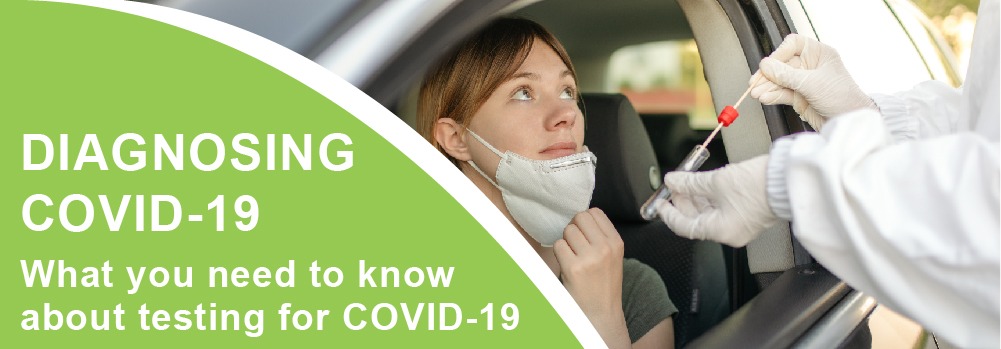
What you need to know about testing for COIVD-19.
What is the difference between a PCR test and a Rapid Antigen test for COVID-19?
IHA currently offers two types of diagnostic tests for COVID-19:
- Antigen test (frequently referred to as a rapid test). This test detects protein fragments specific to the Coronavirus. Turnaround time for results is usually very quick and, in some cases, results can be reported in 15 minutes.
- PCR test. PCR testing is considered the “gold standard” in COVID-19 (SARS-CoV-2) detection. This test actually detects RNA (or genetic material) that is specific to the virus and can detect the virus within days of infection, even when the patient is asymptomatic. Turnaround time is longer than the antigen test, results take approximately 2-5 days to return. Some rapid testing could have a quicker turnaround time. Result turnaround times will fluctuate based on the community testing demand but can take up to 5 days and sometimes even longer.
How do I know which test I should get?
Discuss your personal situation with a healthcare provider to receive the best guidance on the most appropriate test. A rapid antigen test can be used when a patient is experiencing symptoms of COVID-19. Positive results from an antigen test are highly accurate, and while false positives can occur, they are rare. If your antigen test is negative, your healthcare provider may recommend that you have a confirmatory PCR test.
Should I wait until I have symptoms to get a COVID-19 test?
We recommend waiting 5-7 days post exposure to COVID-19 before getting tested unless you develop symptoms of COVID-19. If a PCR test is negative and the patient remains asymptomatic, we recommend quarantining for 14 days from time of exposure.
What is a COVID-19 antibody test?
Antibody, or serology, tests look for antibodies in your blood to determine if you had a past infection with the virus that causes COVID-19. Antibodies can usually be detected in a person’s blood 2 – 3 weeks after symptoms begin. An Antibody test cannot be used to diagnose an active infection and is not recommended for patients currently experiencing COVID-19 symptoms.
What tests are available for antibody tests?
COVID-19 antibody testing is done through a blood draw. A laboratory test order is required to be tested for COVID-19 antibodies and the test can be completed with other bloodwork if appropriate. Talk with your provider if you think a COVID-19 antibody test is appropriate for you.
If I got the COVID-19 vaccine, will my antibody test come back positive?
Maybe. The vaccine is intended to induce an immune response, so the antibody test (serology test) may be positive in someone who has been vaccinated.
Learn more about the COVID-19 testing and how you can get tested if you need to.
The COVID-19 vaccines are our best shot for ending the pandemic. Schedule your vaccine at an IHA Vaccine Clinic near you.
